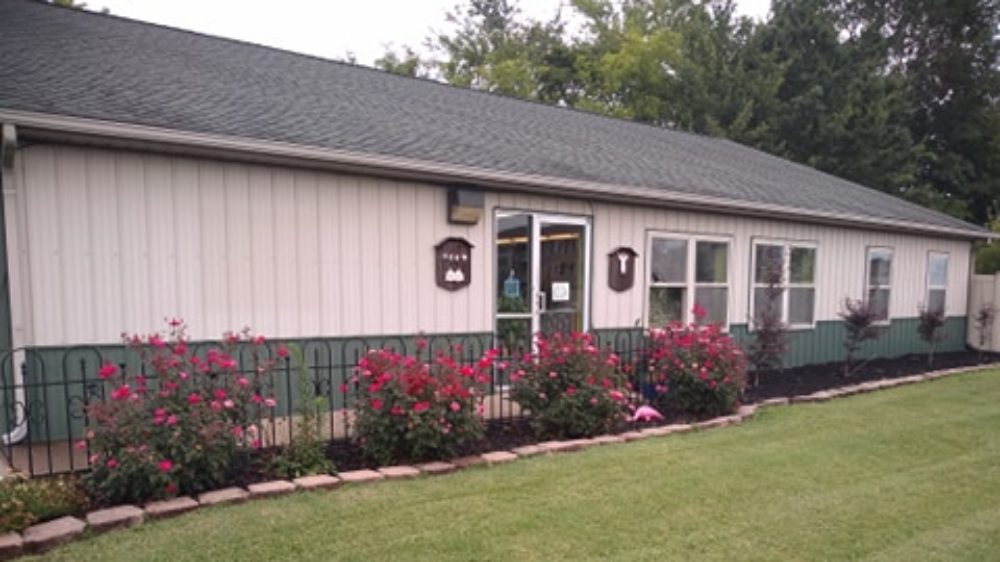
One of the most important things you can do for your child, in fact, for your entire household is to sit down, without the phone, TV or any interruptions verbal or visual, and eat a meal with your family.
I can’t begin to tell you the arguments I have had with this statement. I’ve heard it all. “We don’t have time to do that; I’m not cooking; I don’t cook; We have ball practice, band practice and theatre practice; we don’t all want the same thing; our schedules are miss matched; the kids don’t like eating…” And so it goes.
So what is the alternative to sitting together to eat a meal? The alternatives are:
The drive through for children six and under; a take out for adults; a quick frozen pizza or a bag of chips and a coke for those in between. No wonder the age expectancy of children and adults is declining. No wonder teeth are decaying, BMIs are out of control, and heart disease is on every door step.
Is it really easier to drive across town where an anonymous teen who has been doing who knows what with his hands puts questionable food in a bag which gets eaten in the car than to drop a pound of meat, a bag of carrots and four quartered potatoes and a can of tomatoes into a crock pot?
Now, the whole table concept…
When we ask the children if they ate dinner the night before with parents, some say yes, but the majority of children say they eat in front of TV.
Should TV be the company your child keeps in the evening?
Should the unending wail and groan of the TV be the adult your child hears most of after a day of learning and play?
This past week, I pulled a double shift four days running, so I know what it is like to get home late and not have much time to make a good meal. And the meal doesn’t have to be stellar every night. The point is not to put on one’s dream dinner every night, the point is to sit with your child and converse. You can’t do that if every three seconds he and everyone else in the room is craning to see the TV.
No matter if you have a bag of dinner or a frozen disk in the oven, sitting down at a quiet table and exchanging ideas for a quarter of an hour will make a huge difference to your children in the long run.
Children with whom parents exchange ideas and their days are children less likely to seek out poor companions, drink, smoke, or engage in lawless behavior. It does matter.
Children should have the option to report on their day. They should be able to verbalize their likes, dislikes, concerns and achievements of the day with people who say they love them.
But it won’t happen the first time you do this. It is something that comes together with a little practice, so don’t sit down one night and expect the table sitters to jump on the expectations and fly. Children need to practice full expressed thoughts and that takes time.
If you never sit down, try planning one night where you have time to spend on making something your family really likes to eat. Set the table even if it’s a sheet over the table. Put tableware on the table and some decent plates, and then turn off the radio, TV, and the phones.
Explain to your family what you are doing and why. Tell them you love them and want to spend this special time with them. Have each member of the family tell everyone what he or she did that day and ask him or her two questions that will allow him or her to express his or her special likes and dislikes.
Thank your family for participating and ask them if they like this and would like to do this more often. Then arrange a day or two days or even three when sitting down will be a fun and welcomed plan.
It’s a positive habit and well worth thinking about.
